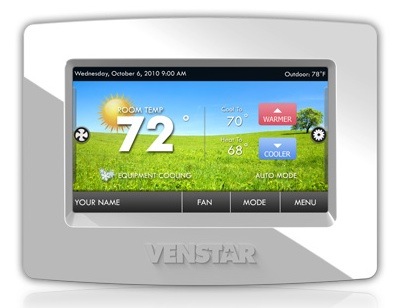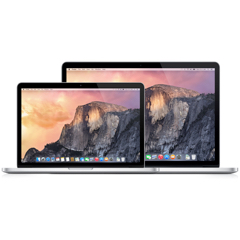In a survey of smart home use cases, the Parks Associates (www.parksassociates.com) research group found that over 40% of U.S. broadband households are interested in the ability to receive medical alerts via a smartphone or other connected platform. And about 10% have some type of smart home product, service, or both.
“By 2019 the number of U.S. homes with a smart home controller will exceed 26 million,” says Harry Wang, director, Mobile and Health Products Research, Parks Associates. “The smart home industry is looking for new growth opportunities, and the Supreme Court’s decision in King v. Burwell has provided stability to the healthcare industry, making it an attractive market for smart home players. The smart home could enable new value propositions in home-based health and wellness solutions and independent living products and services.”
He notes that the Supreme Court ruling, which upholds federal subsidies for healthcare exchanges, ensured continued implementation of the Affordable Care Act (ACA) and lifts a potential barrier to investment in connected health technologies by insurers and healthcare providers.
“The home care market is a logical extension for connected home platforms, and many such platforms are adding or will add home health, wellness, and aging-in-place solutions. MobileHelp’s mPERS solution, Lively’s smart watch for independent living, and Jawbone’s fitness tracker are early examples,” Wang says. “However, connected health applications introduce a bevy of unique challenges in integration and business models, so industry players need to screen market opportunities carefully through technology assessment and business risk analysis.”



